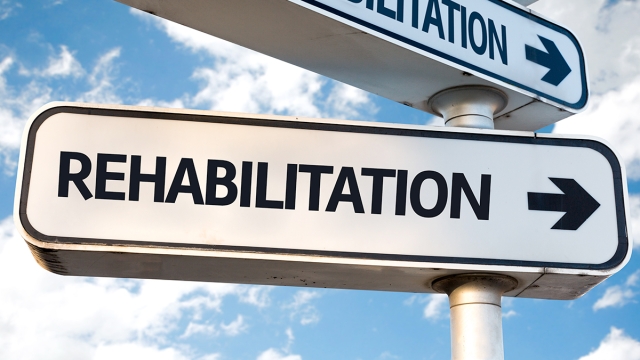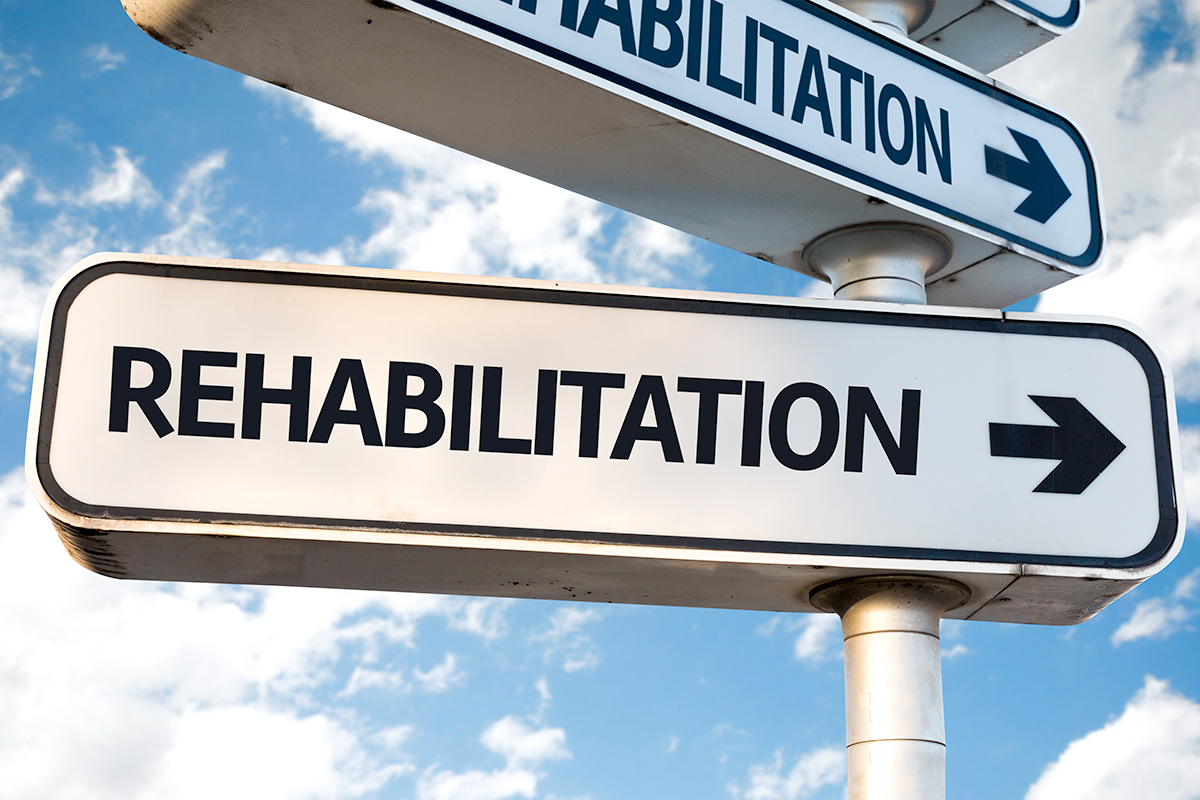
From Darkness to Sobriety: Overcoming Addiction through Alcohol Rehabilitation
Overcoming addiction and reclaiming a life free from the grips of alcohol can be a daunting journey. This path, however, is not one that needs to be walked alone. With the help of alcohol rehabilitation, individuals facing the darkness of addiction can find a guiding light towards sobriety. In this comprehensive guide, we will explore the ins and outs of alcohol rehabilitation, revealing the transformative power it holds in breaking the chains of addiction and paving the way for lasting recovery.
When it comes to rehabilitating from alcohol addiction, having a solid understanding of the process is crucial. This guide aims to provide a comprehensive overview, acting as a roadmap to navigate the complexities of alcohol rehabilitation. From the initial steps of admitting the problem to seeking professional help, we will explore the various stages of rehabilitation and the programs available to assist individuals on their journey to recovery. Whether it is inpatient or outpatient treatment, therapy sessions, or support groups, every aspect plays a vital role in shaping a brighter future. By arming ourselves with knowledge and understanding, we can help pave the path towards a life free from the clutches of addiction.
Recognizing the Signs of Addiction
Addiction can be a difficult challenge to overcome, but the first step towards recovery is recognizing the signs. By identifying these indicators, individuals and their loved ones can take the necessary actions towards obtaining professional help.
The signs of addiction may manifest in various ways. One common indication is the persistent desire or cravings for alcohol, leading to an inability to control consumption. Another significant sign is the neglect of responsibilities or obligations due to alcohol use, such as missing work or school. Additionally, increased tolerance, requiring larger amounts of alcohol to achieve the desired effect, can be a clear indicator of addiction.
Furthermore, withdrawal symptoms can also indicate the presence of addiction. When an individual starts experiencing physical discomfort, such as tremors or sweating, upon reducing or stopping alcohol consumption, it may signal an addiction problem. Emotional and psychological changes, including irritability, mood swings, or depression, can also be symptoms of alcohol addiction.
By being aware of these signs, individuals and their loved ones can intervene early and seek the appropriate assistance. Remember, recognizing the signs is the crucial first step towards overcoming addiction and embarking on the path to sobriety.
Understanding the Importance of Alcohol Rehabilitation

Alcohol rehabilitation plays a crucial role in helping individuals overcome addiction and regain control of their lives. It provides a supportive and structured environment for individuals to address the complexities of addiction and work towards sobriety. Through comprehensive treatment programs and specialized care, alcohol rehabilitation guides individuals towards a path of recovery and offers them the tools to maintain lifelong sobriety.
One of the primary reasons why alcohol rehabilitation is essential is its focus on addressing the root causes of addiction. Understanding and addressing the underlying factors that contribute to alcohol dependence is crucial for successful recovery. In a rehabilitation setting, individuals receive professional guidance to explore and confront these underlying issues, such as trauma, mental health disorders, or unhealthy coping mechanisms. By tackling these issues, individuals can establish a strong foundation for lasting sobriety.
Additionally, alcohol rehabilitation provides a supportive community where individuals can connect with others who have faced similar struggles. This sense of community is instrumental in recovery as peers can offer understanding, encouragement, and shared experiences. Group therapy sessions and support groups allow individuals to share their challenges, celebrate milestones, and hold each other accountable. The support and camaraderie within an alcohol rehabilitation program foster a sense of belonging and eliminate feelings of isolation often experienced during addiction.
Furthermore, alcohol rehabilitation equips individuals with essential skills and coping mechanisms to navigate life without turning to alcohol. Various therapies, such as cognitive-behavioral therapy (CBT), teach individuals healthier ways to manage stress, cravings, and triggers. Through educational sessions, counseling, and life skills training, individuals acquire the necessary tools to make positive choices and maintain sobriety even after leaving the alcohol rehabilitation program.
Join Now
In conclusion, alcohol rehabilitation is a critical step towards overcoming addiction. By addressing the root causes, offering a supportive community, and providing essential skills, alcohol rehabilitation guides individuals on their journey to sobriety and empowers them to reclaim their lives from the grips of addiction.
Steps to Overcoming Addiction through Rehabilitation
Acknowledge the Problem and Seek Help:
Recognizing the presence of addiction is the first crucial step towards alcohol rehabilitation. It takes immense courage to admit that one has a problem and needs assistance. By reaching out for help, individuals open themselves up to a world of support and guidance from professionals who specialize in alcohol rehabilitation. With the support of medical professionals, therapists, and support groups, individuals can embark on the journey towards sobriety.Develop a Customized Treatment Plan:
Every individual battling alcohol addiction requires a personalized treatment plan. Rehabilitation centers focus on understanding the specific needs and challenges faced by each person. Through a comprehensive evaluation, professionals determine the most effective treatment methods to address the underlying causes of addiction and promote long-term recovery. These may include counseling, behavioral therapies, medication-assisted treatment, and other evidence-based approaches.Embrace Long-Term Maintenance:
Overcoming alcohol addiction is not a one-time event but rather an ongoing process. To ensure sustained sobriety, individuals must adopt strategies for long-term maintenance. This involves making lifestyle changes, developing coping mechanisms, and building a strong support network. Engaging in regular therapy sessions, attending support group meetings, and practicing healthy habits can greatly contribute to maintaining sobriety and preventing relapse.
By following these steps, individuals can gradually break free from the clutches of alcohol addiction and pave their way towards a healthier, sober life. Alcohol rehabilitation provides the necessary tools and support for individuals to overcome addiction, enabling them to reclaim their lives and embrace a brighter future.



